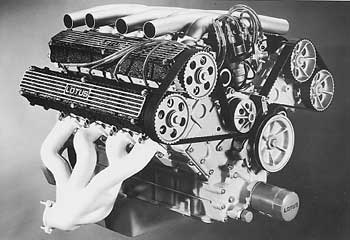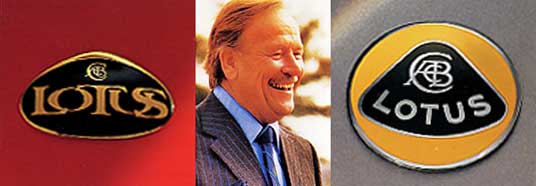|
|
|
|
#1 |
|
Join Date: Dec 2016
Location: Stafford, Va
Posts: 7
|
I want to take a second and thank everyone that took the time to share their stories. I encourage everyone to continue to share them in this thread as it reminds us all how solidarity builds community. All the information you have provided will be an excellent help in making this film something we can all be proud of. Hopefully, if all goes well, I'll be meeting a lot of you in person in Kentucky.
I have downloaded the zr1.net app on my phone and I'll be checking back on this thread through-out the story writing process for inspiration but as I'm sure all of you can imagine, there's a lot of work and research ahead. Again if anyone has any questions or suggestions feel free to email me at thezr1doc@gmail.com. Yes, that's a different email address than before but it helps me stay organized :-) Just from the last couple of days of communication, I can tell I wasn't mistaken about the passion you guys have not only for the car but the bond you all have because of it. |
|
|

|
|
|
#2 |
 Join Date: Sep 2008
Location: Mullica Hill, NJ
Posts: 2,639
|
Stan,
You might do well spending some time researching a group known as the "ZR-1 Owners Registry" The group started around 1992 with a very similar mission to the ZR-1 Net Registry. At one time they were rather robust and had over 1500 members. It held "gatherings" that were often well-attended, both at Bowling Green and Carlisle, as well as at the Mercruiser facility in Stillwater, Oklahoma. It was quite a bit more "Mom and Pop" than our current Registry. Larry Merow, since passed, was the editor of the Newsletter, and back then there was no internet or online presence. When Larry became ill, the organization waned, and ultimately ceased to exist before he passed away. I point it out, as it was, in it's day, performing many of the same functions, although it lacked the instantaneous nature of a web-based organization, which would have doomed it had it lasted longer but refused to migrate to the newer technology. Much of our passion for this car can be traced to those beginnings. It would be wrong to not at least give it mention in your work. Thought this might prove helpful. Thanks,  Marty |
|
|

|
|
|
#3 |
 Join Date: Jul 2010
Location: Woodstock, Ontario, Canada
Posts: 1,271
|
Who built the actual development engines?
I remember seeing the paperwork for the actual development engines and the hundreds of hours that the Engineers and Technicians at Lotus put on those engines. Lotus Engineering’s clients numbered several of the automotive world’s big players including General Motors and Chrysler and it was to both of these that non-executive chairman, Alan Curtis broached the idea of purchasing Lotus. At the time, Chrysler was none too financially secure, but GM was thriving and Bob Eaton — who oversaw much of GM’s future engineering needs — was a keen Lotus fan and, indeed, employed Lotus Engineering on advanced research and design projects. By 22 January 1986, a deal was struck and Lotus had been ‘adopted’. General Motors bought-out BCA, Schroeder-Wagg and JCB, the Americans effectively becoming the majority shareholder. After four months of co-owning Lotus with an arch-rival, Toyota sold out to GM —though it continued to supply components — and by October of the same year, GM had acquired a 91 per cent stake in Lotus. The deal had cost the US giant a paltry — in their terms — £22.7 million. by October 1986 GM had paid 22.7 million British Pound Sterling = US$27,724,513 (in todays currency) On August 27, 1993 GM sold Lotus to for £30,000,000 (British Pound Sterling=US$36,640,326) to A.C.B.N. Holdings S.A located in Luxembourg, sold again n 1996 to various companies   Excerpts in italics are from this site http://www.lotusespritworld.com/EHistory/ToyotaGM.html I remember that GM had a specification that limited the size of the engine because it had to fit through a certain opening as the body was lowered atop it. This specification ended up being smaller that it actually required on the assembly line. It was this certain spec that forced Lotus Engineers to select the camshaft sprockets diameters that they did. Ideally they wanted larger diameter sprockets which would have been better for secondary chain durability at high race rpm. |
|
|

|
 |
| Tags |
| the zr1 documentary |
|
|